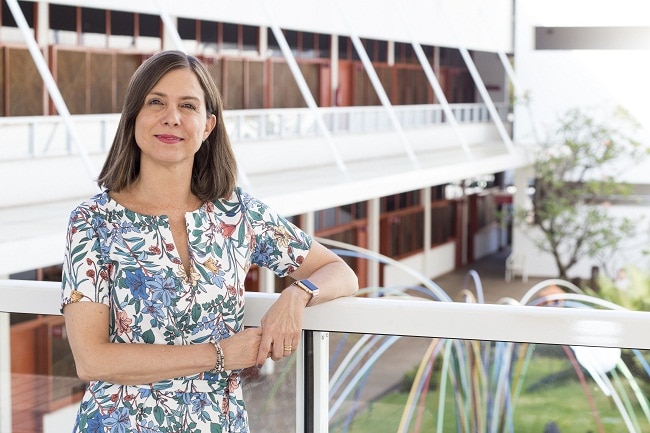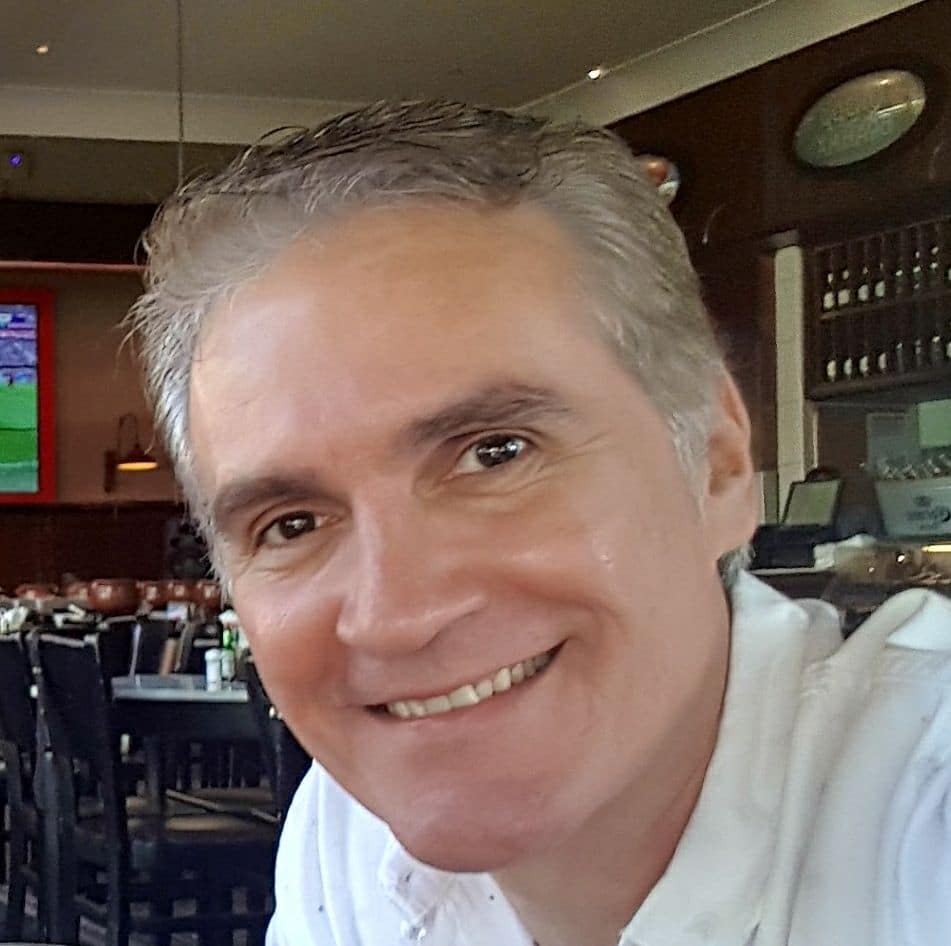Small ways to give up control
One of the best features of my job is that I get to observe teachers in their second semester in the language institute where I work. In their first semester, they go through a mentoring process and are then observed by two other academic specialists. These observations usually go very well. The teachers are very...Read More










